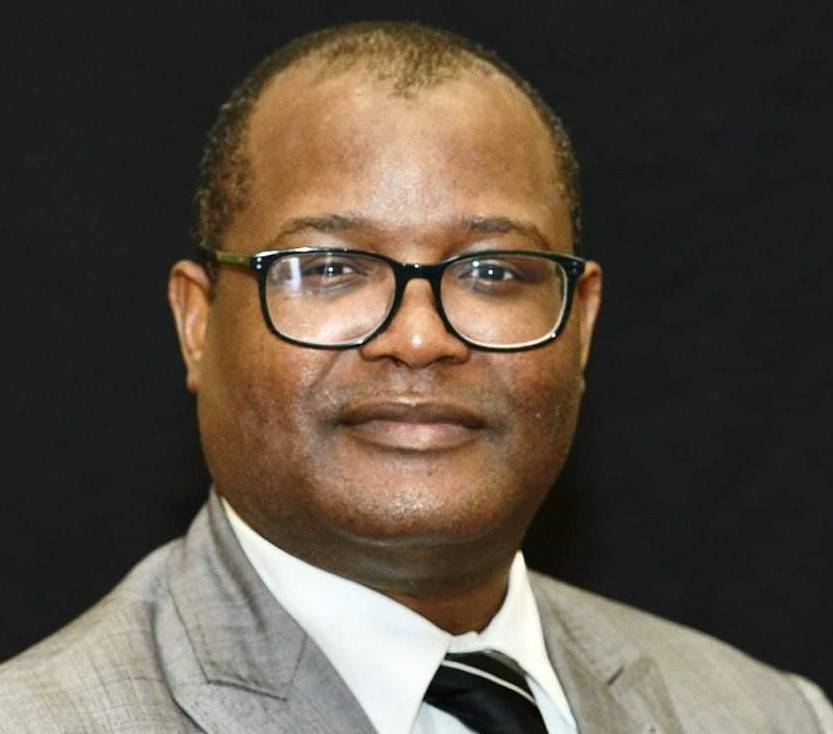Leaders of today must consider profit AND planet.
Sustainability literacy is about understanding the intertwining of people, planet and profit
The Graduate School of Business & Leadership (GSB&L) at the University of KwaZulu-Natal is preoccupied with how executive leaders and managers in different organisations practise sustainable leadership. Extreme environmental problems such as floods and excessive heat, triggered by the effects of unsustainable business models, are increasing in frequency, intensity and complexity. Organisations and people continue to face more and more intense disruptive incidents that invoke the necessity of sustainable leadership capability as a new organisational and societal priority.
The pressure on leaders to balance profit, the planet and people cannot be handled effectively by leadership whose understanding of leadership effectiveness focuses exclusively on the organisation’s values and inward-focused metrics without concern for the broader society. Aish Hinton, Head of Global Marketing at WDHB says sustainable leadership is a type of leadership that drives solutions for environmental, social and economic challenges in the world.
Sustainable leadership as solution
There is a growing need for theories, models and practices of sustainable leadership more aligned to the holistic and long-term pursuit of sustainable organisations and interconnected society. The challenge is the limited models based on the South African environment. Academics and students at GSB&L are aware of the depressing pace of how executive leaders and managers are enacting sustainable leadership. Robert Swan says the greatest threat to our planet is the belief that someone else will save it.
 Prof MacDonald Kanyangale: Associate Professor at the Graduate School of Business and Leadership, UKZN
Prof MacDonald Kanyangale: Associate Professor at the Graduate School of Business and Leadership, UKZN
The positive trend of having new sustainable leadership roles in organisations, such as chief sustainability officer, is notable but inadequate as it lacks scale in the actual practice of sustainable leadership in day-to-day activities at the coal face. Progress is needed to discredit and replace unsustainable business models and beliefs. Academics and students at GSB&L are intensifying the examination of the nature of sustainable leadership, identifying pitfalls and developing new models that unravel the element which comprise this capability.
Research by students in the Masters of Commerce Leadership Studies Programme shows that sustainable leadership capability is multi-dimensional and integrates seven capabilities. These leaders demonstrate sustainable literacy by understanding the intertwining of people, planet and profit dimensions of sustainability in the environment and the organisation. Another capability is systems thinking in knowing the business system, entrepreneurial thinking and integrating these with sustainability. As system thinkers, sustainable leaders have a holistic view of an organisation and link parts of the system to create effective processes and avoid practices with unintended and possibly negative results as much as possible. Sustainable leaders are prepared to share the leadership responsibility with others to achieve organisational outcomes.
The capability of managing impact and influence by building partnerships, encouraging and supporting operational and strategic sustainability is also critical for sustainable leadership. Creating value with all stakeholders enhances influence through inclusivity. Strategic thinking capability helps to set clear direction, alignment and commitment to sustainability and strategic flexibility. Equally important is the capability of developing sustainable human resources and nurturing sustainability expertise. Effective communication across traditional functions for sustainability and modelling of sustainability for others is essential.
Sustainable leaders pay attention to what they reward, punish and applaud as these are critical in building a sustainability culture. Leaders are key in shaping the sustainable beliefs and values of employees. The lack of relevant sustainable skills within personnel, failure to develop internal capacity for sustainability and delays in decision-making processes due to lack of sustainable expertise do not reflect a sustainable culture. Sustainable leaders ensure the development of others by supporting sustainable training and development in their organisations.
Why is sustainable leadership not common?
The studies by students in Masters of Commerce Leadership also reveal that critical gaps in the sustainable leadership practice of executives and managers are silo behaviours of not engaging employees in sustainable-related decisions, which undermines collaborative work for sustainability. When employees are disengaged, they begin to withdraw and hide their ideas and feelings, adversely affecting sustainability and systemic work performance. Employee empowerment and participation through engagement are vital elements in entrenching sustainable leadership practices at different levels of the organisation. Empowerment means giving employees some concessions and authority to make decisions on their accord, which is critical to avoid the inadvertent sustenance of a silo mentality.
Other impediments are strategic failures to develop sustainable human resources and enforcing green management practices and green innovation, which ignore sustainability’s people and profit aspects. Green management practices are narrow, predominantly operational and weak, and are also poorly strategised to create and develop a lasting sustainability culture.
Changing people for a better world
At the GSB&L, we are ready not just to share our research findings in classes but also welcome you on the research journey as a postgraduate student researching exciting issues which impact businesses, our lives and society today and in future. Our Masters of Commerce Students have already researched sustainable leadership practices in hospitals, ports, universities and hospitality settings, to mention a few. As rock climber and environmentalist Yvon Chouinard observed, “to do good, you actually have to do something”.
For more information, visit: https://gsbl.ukzn.ac.za/